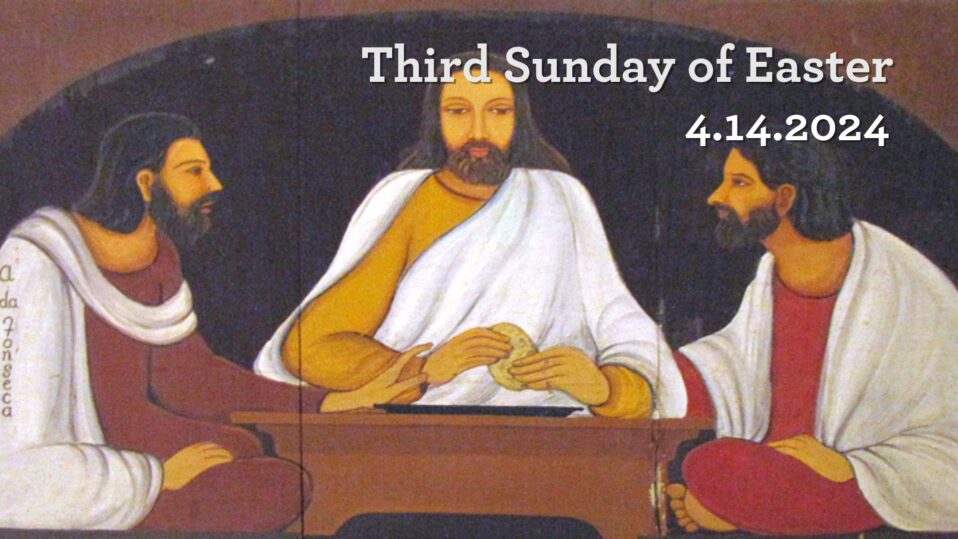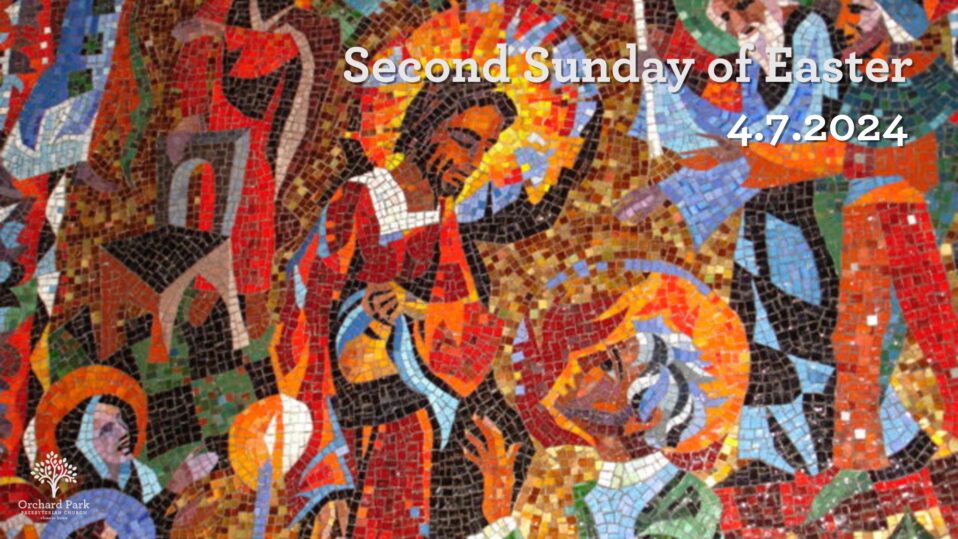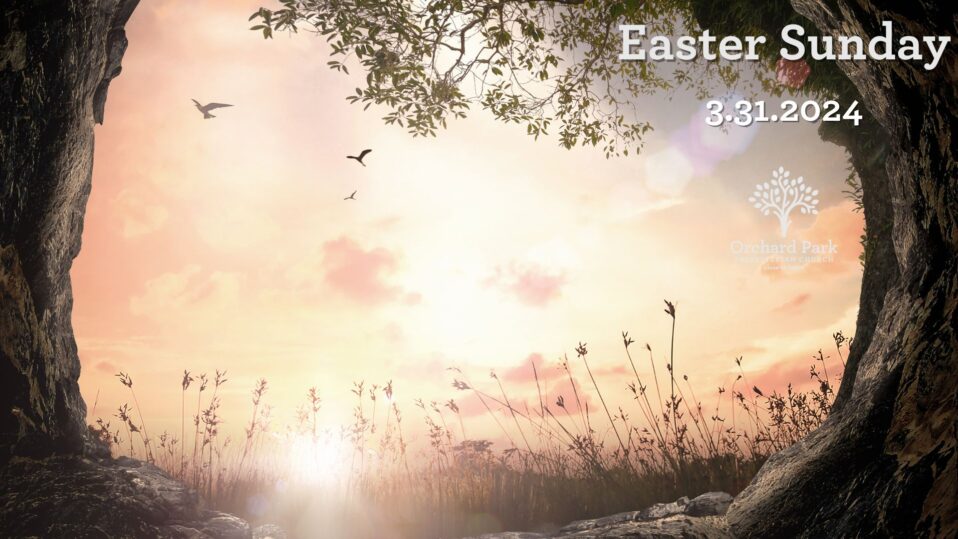Have you ever had a conversation like this either as a parent or as a child?
Parent: Your curfew is midnight
Child: Yeah, I know but they weren’t ready to leave yet and I’m only 30 minutes late.
Parent: It doesn’t matter. Your curfew is midnight and if you couldn’t get a ride home by then you should have called.
Child: That’s so unfair. Nobody else has a curfew but me. You should be thanking me, because I could be so much worse.
Or this one:
Parent: Did you eat the last brownie?
Child: Yes.
Parent: But you ate all the brownies.
Child: Yes, I know, but at least I didn’t lie about it.
One more in case you aren’t getting where I am going.
Parent: Did you clean your room?
Child: Yep.
Parent: Great, thanks. Come outside and help me rake leaves.
Child: But I already cleaned my room!
Parent: yes, and now I need you to come outside and rake leaves
Child: Will I get paid?
Parent: No. You get a place to live.
From a very early age our logical development is one that suggests if we do something good, we will get rewarded. We are like Labradors, and I assume all other dogs, if we sit, we get a treat. Dogs don’t have ethics, they have stomachs. Humans have ethics and logic. We figure out as we get older that common decency, manners, basic responsibility isn’t something that gets extra points, it’s just expected as defined by what it means to be a thoughtful person. Kids and teenagers do not have a developed ID, so everything is about them. They don’t think about the parent waiting up for the car to come into the driveway, they don’t think that someone else might want a brownie, they don’t think that they should contribute to the overall care of their home. They have to be taught to be thoughtful and to be held accountable for their decisions.
This is what makes parenting hard, because it’s easier to let the curfew slide, to ignore the brownie crumbs, or let the rake lie in the grass. The job of the parent is to build an adult and contrary to the behavior of many adults, being a responsible adult means thinking about someone other than oneself and being a thoughtful person without expecting a reward.
Now, that’s just common sense for humankind, but if you claim to be a disciple of Jesus Christ, there’s a bit more to it. Being a disciple of Jesus Christ doesn’t come without some accountability. Jesus says as much in the 17th chapter of the Gospel of Luke. The disciples want something I think we all wish we had more of. The disciples say,
7:5 The apostles said to the Lord, “Increase our faith!”
And Jesus says,
17:6 The Lord replied, “If you had faith the size of a mustard seed, you could say to this mulberry tree, ‘Be uprooted and planted in the sea,’ and it would obey you.
The disciples think that faith is something they can quantify. Something they can acquire. But faith is not a product, or an idea, faith is a muscle and the more we use it, the stronger it gets..
17:7 “Who among you would say to your slave who has just come in from plowing or tending sheep in the field, ‘Come here at once and take your place at the table’?
17:8 Would you not rather say to him, ‘Prepare supper for me, put on your apron and serve me while I eat and drink; later you may eat and drink’?
17:9 Do you thank the slave for doing what was commanded?
17:10 So you also, when you have done all that you were ordered to do, say, ‘We are worthless slaves; we have done only what we ought to have done!'”
Faith, as Jesus describes it, is just doing your job, just doing your duty, not because of any sense of reward but simply because it needs doing. Faith, in other words, is doing what needs to be done right in front of you and this, Jesus says, the disciples can already do.
I moderate the Commission on Ministry for our Presbytery and on Wednesday we were interviewing a committee as they were calling an interim pastor to their congregation. One of the committee members said, “we are looking for a spiritually mature pastor.” When it was the pastor’s turn to be interviewed, I asked him, “what is a spiritually mature pastor.” He answered, “I have no idea.” – Good answer. He went on to say, “I only know that my faith is a gift, that I try to be faithful to God and to his Word. My accountability to be faithful to trying to remain faithful.”
It makes no sense to plant a mulberry tree in an ocean. By saying this Jesus is reminding his disciples that faith isn’t manifested in flashy magic tricks, or pointless, self-congratulatory displays of power, or in destruction and uprooting, but in daily acts of faithfulness—those small acts of obedience that grow the kingdom, one carefully tended little mustard seed at a time.
Remember that Faith, after all, is a gift. And we don’t have any business telling God we don’t have enough, when God always gives us enough to be faithful. God always gives us enough to do something useful, to “make it work.”
Maybe the mistake the disciples make isn’t so much in asking for more faith, but in thinking they don’t have enough, in thinking God’s gift to them was insufficient.
We’re not so unlike the disciples, are we? How often we tell ourselves: “If I only had more faith, I could…”
Do something important
Do something impressive
I’d never struggle with doubt.
I wouldn’t be so scared.
I’d finally be appreciated.
I’d finally know I’m right.
It would finally all make sense.
Don’t wait around to be a good enough Christian to do the Christian thing. Don’t wait around to have more faith, more belief, to act out of faith.
The late Rachel Held Evans wrote,
Once, I was struggling through a rough week of doubt and, like a good millennial, I took to Facebook to vent my frustration. My friend David left this message on my wall. He said: “Faith is always a risk, a gamble—and adventure, if you will. The line between faith and doubt is the point of action. You don’t need certainty to obey; just a willingness to risk being wrong.”
I was letting my desire for more keep me from working with what I had. I’d convinced myself I needed more faith when what I really needed was more obedience.
Eugene Peterson, the author of the Message wrote in his book, the Long Obedience
“There is a great market for religious experience in our world; there is little enthusiasm for the patient acquisition of virtue, little inclination to sign up for a long apprenticeship in what earlier generations of Christians called holiness.”
He goes on to say:
“One person says, “I don’t feel like worshiping; therefore, I am not going to church. I will wait till I feel like it and then I will go.” Another says, “I don’t feel like worshiping; therefore, I will go to church and put myself in the way of worship.” In the process she finds herself blessed and begins, in turn, to bless.”
The question is not do you have enough faith to be obedient. The question is do you have enough obedience to be faithful?
As we move into a time of music and meditation and prepare to come to the table for our meal of bread and wine, think about the gift you have been given. God has given you the gift of faith. It’s enough faith for you to believe in a God who sent his son to die for your sins and the sins of the world. It’s enough faith for you to believe in the grace of Jesus Christ. It’s enough faith for you to believe that God so loved the world, that he gave his only son. It’s enough faith for you to believe that you are a child of God and as such are called to live your daily life living fully into that promise. It’s enough faith that out of this this little piece of bread and in this taste from the cup, if you feel joy.
Mary Oliver wrote open called “Don’t Hesitate” – it’s what Jesus is saying today, you have all the faith you need.
If you suddenly and unexpectedly feel joy, don’t hesitate.
Give in to it.
There are plenty of lives and whole towns destroyed or about to be.
We are not wise, and not very often kind.
And much can never be redeemed.
Still, life has some possibility left.
Perhaps this is its way of fighting back,
that sometimes something happens better than all the riches or power in the world.
It could be anything,
but very likely you notice it in the instant when love begins.
Anyway, that’s often the case.
Anyway, whatever it is, don’t be afraid of its plenty.
Joy is not made to be a crumb.



